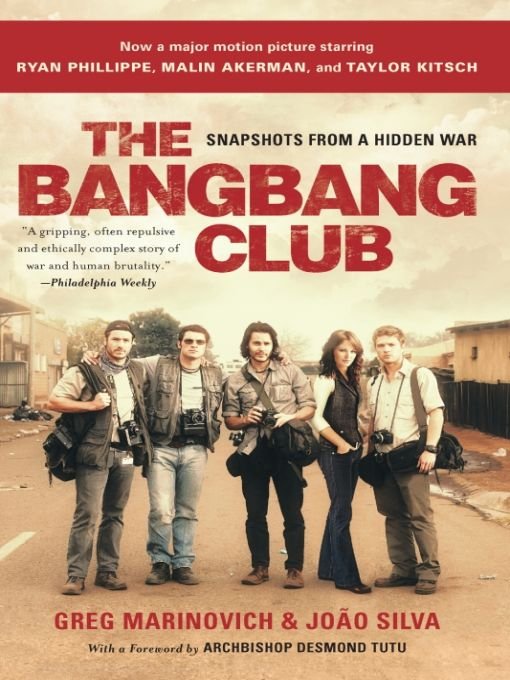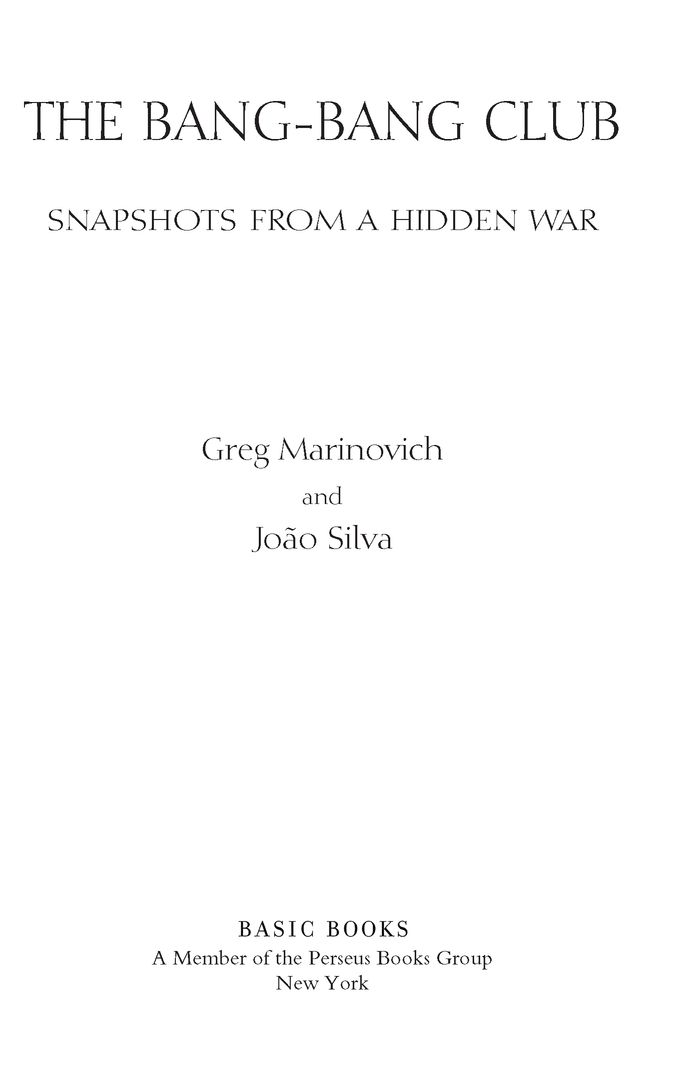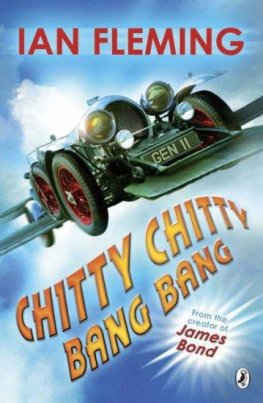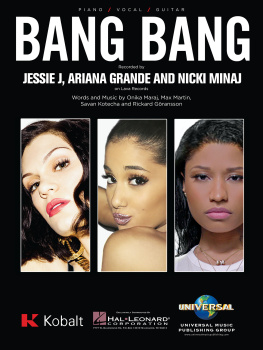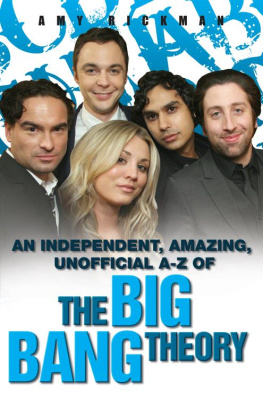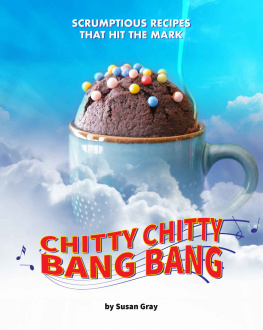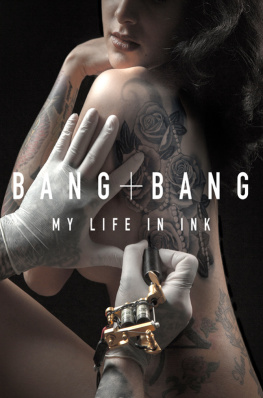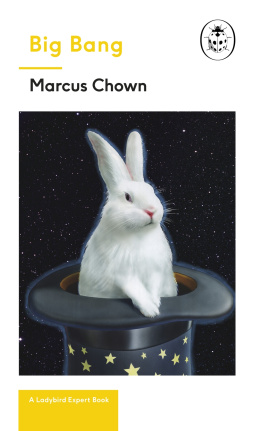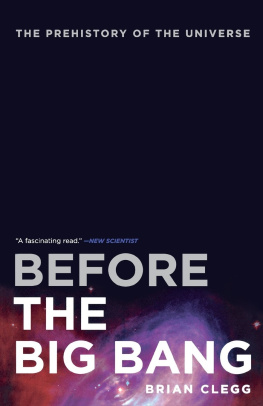Table of Contents
PRAISE FOR THE BANG-BANG CLUB
The Bang-Bang Club is refreshing in its political and emotional forthrightness. At the end, the authorswounded, hardened, defeated, victorious, chastened, sustainedreject both grandiosity and guilt, arriving instead at a hard-earned but sensible conclusion: We had not personally suffered like some of the people we photographed, but neither were we responsible for their sufferingwe had just witnessed it.
Los Angeles Times
They have written a compelling account of what it is like to be a war correspondent in ones own country, regarded as traitors by the establishment (whose role in the violence they attempted to expose). They do not see themselves as heroes, their creed being to shoot pictures first and aid victims later. They suffer from the survivors guilt that dogs war correspondents, but with the number of villains in their story it is a wonder that they found the time to criticise themselves.
The Independent
What this book does is highlight the extreme pressures and stress that those who make a career out of conflict photography must expect to endure.African Business
This book is one that any student of Africa and especially South Africa, journalism, and photography will want to read.
African Studies Quarterly
Here is a fascinating look at how photo-journalism is done and the heavy toll it took on four young men covering South Africas bloody struggle for freedom. To read this book is to feel the early morning wake-up calls, the menace of a crowd getting ready to kill, the shame that can go with taking a prize-wining photograph of human misery. Parts of it will haunt you.
SUZANNE DALEY, former Johannesburg
Bureau Chief for the New York Times
This powerful account intertwines the personal and professional lives of four journalists, known as the Bang-Bang Club, who helped bring the struggle for the end of apartheid in South Africa and other conflicts into the worldview.... In this highly readable account, the Pulitzer Prize-winning Marinovich, who narrates the stories, and Silva, whose voice is represented in the third person, openly discuss this and other topics concerning the morality of journalism.... Libraries with collections on journalism or South Africa should seriously consider purchasing this engaging work, which raises many important questions.
Library Journal
This is a gripping account of the bloody action. Just as dramatic is the bitter inner conflict of those who risk their lives to bring us the news, their courage and commitment as well as their self-doubt.Booklist
Balancing adventure-seeking bravado, professional competition, genuine friendship, and the stark fear of war coverage, the authors vividly describe a bloody revolution against white rule and how each came to terms with his own less-than-passive role in the violence.
Memphis Flyer
If you have every wondered why some men need to live on the edge, this grippingly candid trip into the dead zones of war journalism will thrill, shock and finally move you.
JOHANNA MCGEARY, chief foreign correspondent for TIME
I have met Greg and Joo in nasty places in both Africa and the Balkans, good men to be on a shitty road with. And suddenly, a great book reveals to me what they have gone through collectively and individually, in the midst of South Africas tragic history. At once, through their unique voice, I feel Im in the car with them turning a corner onto a road that maybe we should not venture, that of history in the making: real, nasty, unavoidable and all too human.
GILLES PERESS
The Bang-Bang Club succeeds where other, more self-important histories of the conflict in South Africa have failed.
Philadelphia City Paper
ACKNOWLEDGMENTS
We want to thank our endlessly patient and insightful editors Elizabeth Burrows and Johanna McGeary, and especially Suzanne Daley who pulled our chapters together.
Jonathan Diamond and Christine Tomasino, our agents and friends, who had passionate faith in the book when it was just a bunch of notes and anecdotes. Abner Stein in London. The editors Ravi Mirchandani at William Heinemann and Tim Bartlett at Basic Books.
Impimpi: Jerry, Joan, Julia and Mitchell Balich, Howard Burdett, David Brauchli, Kevin Carters parents - Jimmy and Roma, Tom Cohen, Gisella Cohen, Robin Comley, Kathy Davidson, Jude Domski, Horst Faas, Denis Farrel, Louise Gubb, Themba Hadebe, Joyce Jenetwa, Bafana Khumalo, Carolyn Lessard, Julia Lloyd, R&P, Nancy Lee, Scott MacLeod, Peter Magubane, Chris Marais, Judith Matloff, Brian Mkhize, Monty Montgomery, James Nachtwey, Juda Ngwenya, Mike Nicol, Patrick de Noirmont, Mike Persson, Gilles Peress, Rodney Pinder, The Rapoo family - Maki, Sandy and Reginald (Boytjie), Heidi Rinke, Vivian Silva, Tina Susman, Paul Velasco, John Wills, Chuck Zoeller.
Monica Hilton-Barber and The Star for allowing us to use Kens pictures, and Guy Adams for his picture of Kevin.
Jerry Marobyane for the Songs from the Struggle and Dr Onen of Gulu, Uganda for the Acholi songs.
FOREWORD
By Desmond M. Tutu, Archbishop Emeritus of Cape Town, South Africa
Nearly everybody made the most dire predictions about where South Africa was headed. They believed that that beautiful land would be overwhelmed by the most awful bloodbath, that as sure as anything, a catastrophic race war would devastate that country. These predictions seemed well on the way to fulfilment when violence broke out at the time of the negotiations for a transition from repression to freedom, from totalitarian rule to democracy. At the start of the 1990s, the most awful bloodletting began to seem endemic. What appeared to be random killings were taking place on the trains, massacres were happening when township residents were pitted against the hostel dwellers who led an unnatural existence in single-sex hostels and were being alienated from the more stable community-life in the black urban townships. People were dying like flies and dying gruesomely, through the notorious necklace when a tyre filled with petrol would be placed around a victims neck and then set alight. Whenever the daily statistics of casualties were published and they said five or six people had been killed in the previous twenty-four hours, most of us would sigh with relief and say, Only five or only six - it was that bad.
Conventional wisdom declared that most of this bloodletting was due to the bloody rivalry between Nelson Mandelas African National Congress (ANC) and Chief Mangosuthu Buthelezis Inkatha Freedom Party (IFP), fighting for political turf to establish unchallengeable supremacy. That seemed a plausible explanation until one pointed out certain odd features in this whole gory rivalry. The massacres seemed almost always to take place just when the negotiations for transition had reached a delicate stage, and it was an odd coincidence that the negotiations were put at very great risk at a critical point in the discussions.
It would seem that the train killings were a part of the rivalry between political foes, but this view was made untenable by the fact that the killers shot and killed people at random. They said nothing; they did not ask the passengers to declare their political affiliation. How would they, therefore, know that they were not murdering their own fellow members?

